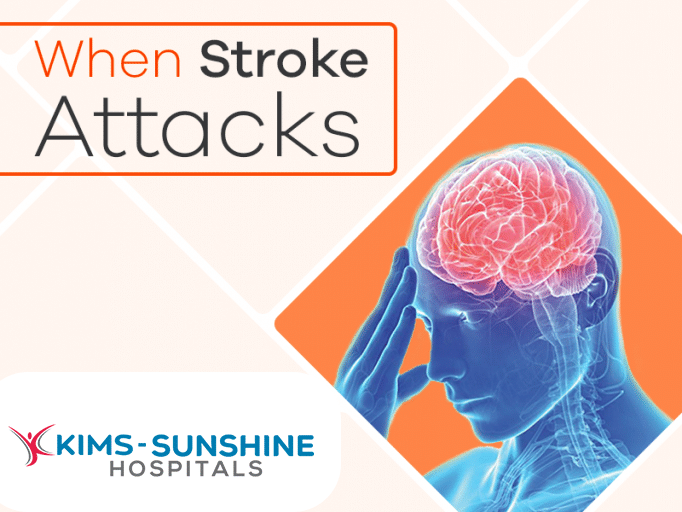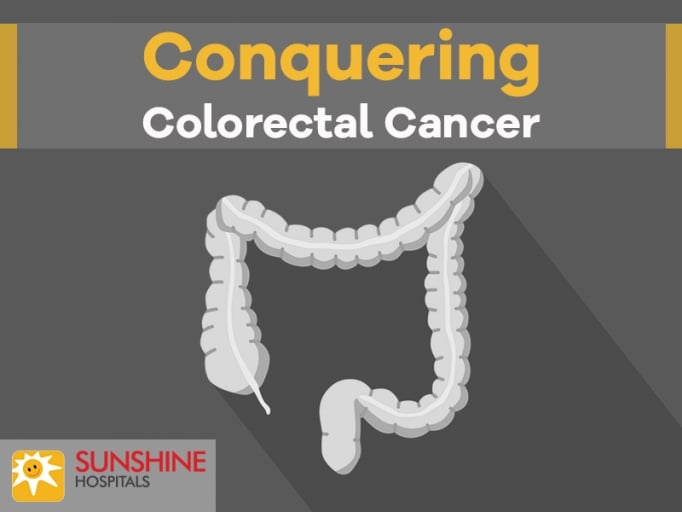
Brain Stroke: An Overview
Let’s understand our lives. Let’s break it into days. Every morning, we wake up, either to our alarms going off or with our mothers pulling off our blankets and switching off the fans. We open our eyes and proceed with our daily routines, freshening up, having breakfast and doing everything we are supposed to do, wrapping up our day with a good night’s sleep. Throughout the day, we breathe, blink, sneeze, swallow, walk, wave and execute so many other bodily functions.
Have you ever wondered how we manage to do so many things? What’s the organ that leads this orchestra?
It’s our brain.
It is hard to define which part of the human body is the most important. But imagine a body with no brain. How does it work? The brain controls the entire mechanism of the body’s life cycle. The brain orders and the organs are like permanent employees who just work.
But sometimes, some obstructions may strike out a stroke. Although the brain controls the body’s functioning, it still needs blood and oxygen to work. When the brain is deprived of these two essential elements, it derails.
Let’s understand from the experts:
The brain can be defined as the command center for the human nervous system. It receives input (blood and oxygen) from the sensory organs and sends output (the commands) to the muscles. Now, what happens when the brain is not able to send these signals? There is chaos in the entire body. Similarly, if the brain does not receive the necessary fuel to work, the system stops working. This sudden derail is called a “brain stroke”.
The medical terminology of brain stroke:

A stroke or a “brain attack” occurs when the blood flow to an area of the brain is interrupted. This interruption deprives the brain cells of oxygen and results in the cells to die. When the brain cells die during a stroke, the movements and actions controlled by that area of the brain are lost.
Who is at risk of having a brain stroke?
Stroke is usually not confined to people who have certain health conditions. Anyone can have a stroke, including healthy people. However, the risk increases with genetic history, and age. People over the age 65 account for two-thirds of strokes.
Health problems you might have can contribute to a brain stroke. Some of these health problems are:
- Diabetes
- Cardiovascular disease
- Blood disorders
- High blood pressure
- High cholesterol
- Cancer
- Autoimmune diseases
Your lifestyle plays a vital role in the possible risks of having a brain stroke strike you. Some factors that contribute are beyond your control, but many choices that you make can increase your likelihood of a stroke. These factors include using long-term hormone replacement therapies and contraceptives for women. Women over the age of 35 who smoke are, particularly at a high risk of having a stroke.
Habits and behaviors that lead to having a brain stroke include:
- Smoking
- Physical inactivity
- Alcohol
- Drugs intake, such as cocaine, heroin, and amphetamines, etc.
So just knowing these factors can cause a brain stroke is not enough. Timely lifestyle corrections, and treating already existing health conditions is a prevention that does not reach a stage where you’ll have to seek a cure.
ABOUT THE DOCTOR:

Dr. Naveen is an expert in treating patients with a brain tumour. He is one of the best Neurosurgeons in Hyderabad and is sought after for some of the most delicate and complicated brain surgeries.
ABOUT SUNSHINE HOSPITALS:
A Multi Super Speciality Institution, 500 bedded Sunshine Hospitals (Paradise Circle, Secunderabad) is promoted by globally reputed Joint Replacement Surgeon Dr. AV Gurava Reddy (Orthopedic Doctor) and like-minded associates who share the objective of making world-standard healthcare available, affordable and accessible to the common man.






